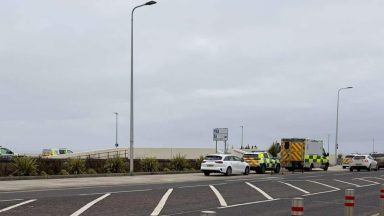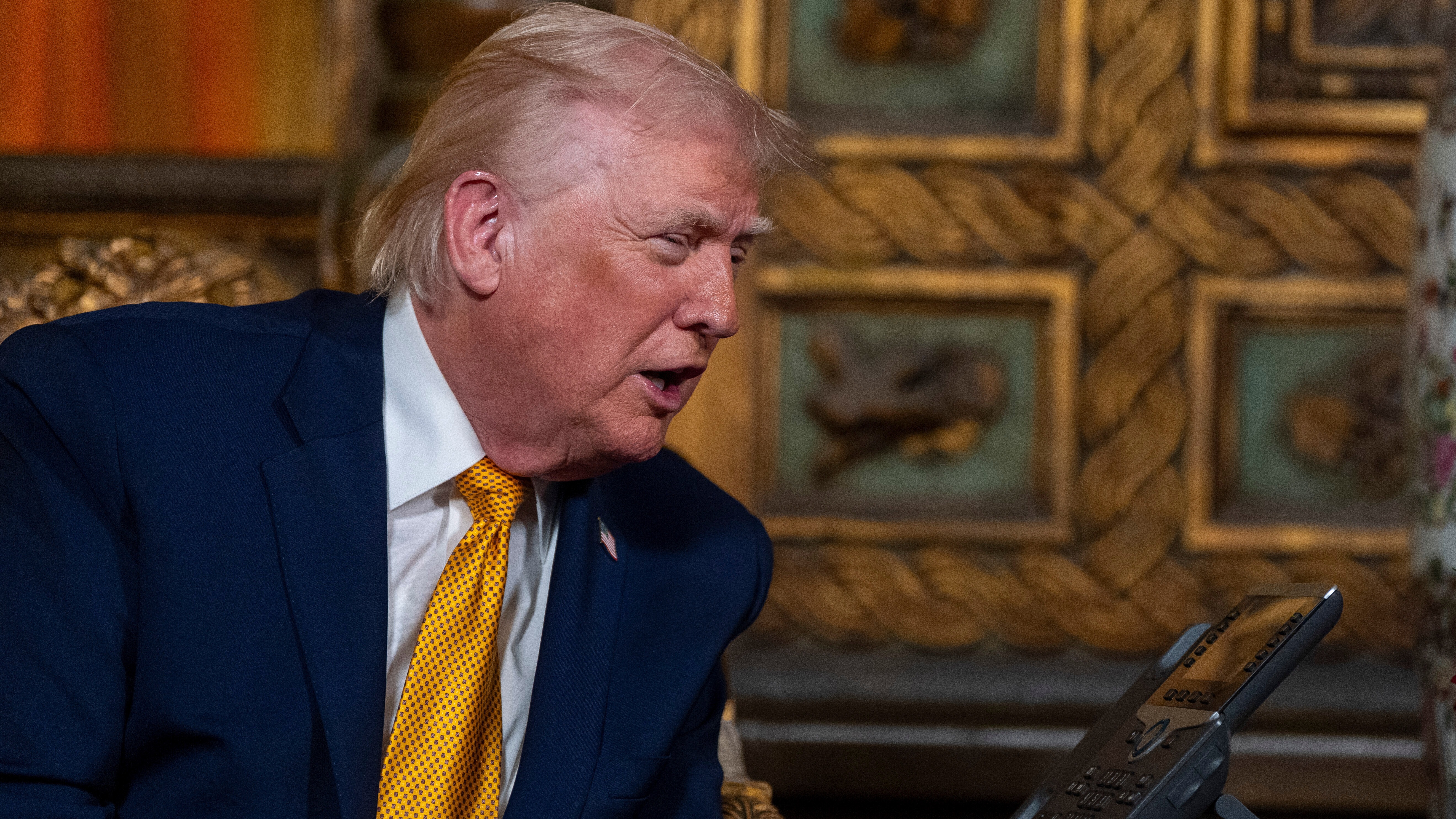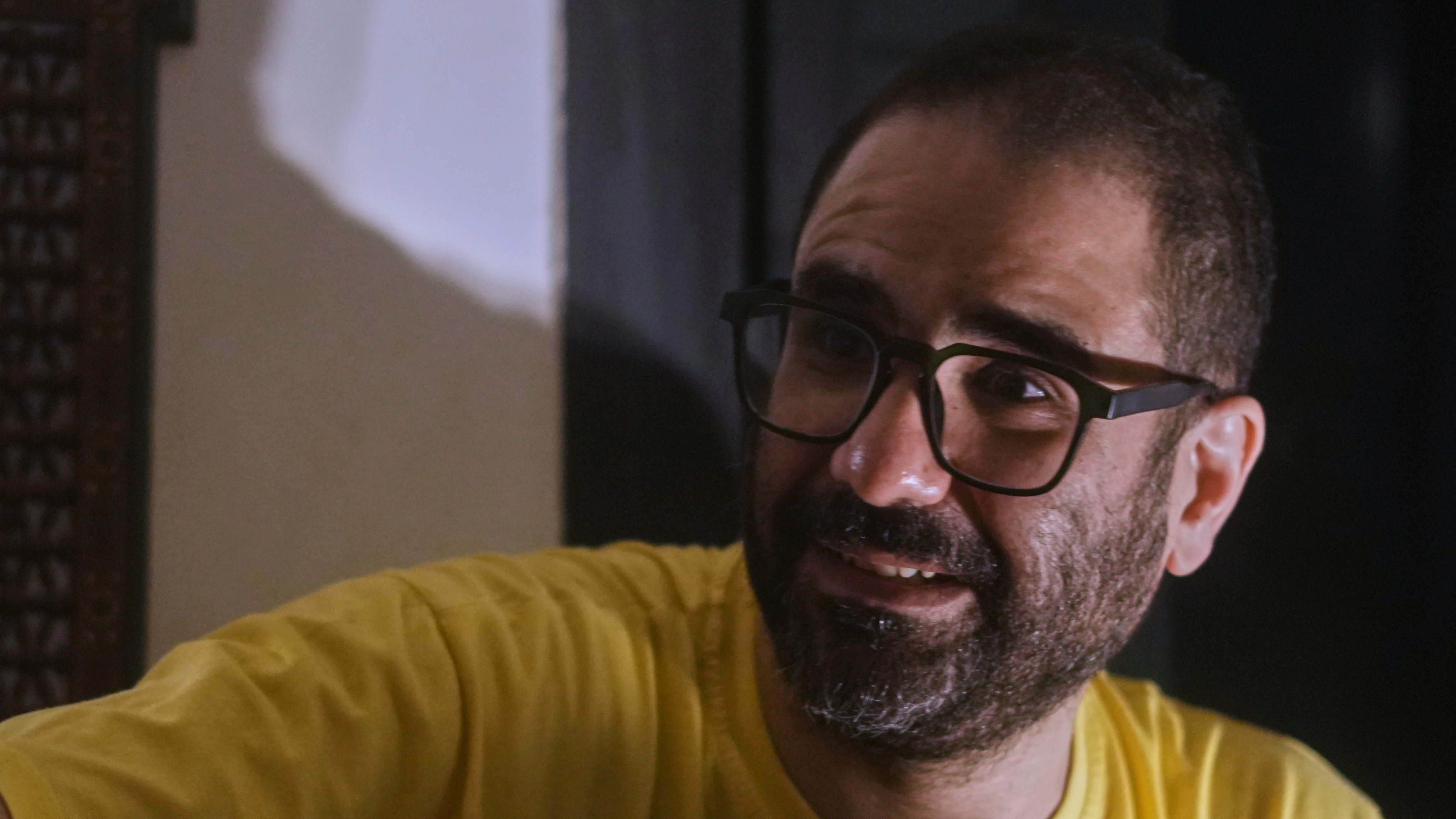A landmark Bill being introduced to Parliament on Wednesday could see restrictions placed on teenagers’ access to social media and mobile phones.
The Safer Phones Bill is a private members’ bill being introduced to Parliament by former teacher and now Labour MP Josh MacAlister.
Under the proposed law social media companies could be made to exclude under-16s from their algorithms to make content less addictive.
What does the Bill propose?
A key part of the Bill is a call for the age at which companies can get data consent from children without parental permission to be raised from 13 to 16 to make smartphones less addictive.
The idea is that raising the age of internet adulthood would protect under-16s from addictive algorithms as their data wouldn’t be used to inform the content they consume.
The Bill also calls for a legal requirement to be introduced to ban mobile phones in all schools in England. The previous government issued guidance intended to stop the use of mobile phones during the school day, but it’s not statutory at the moment.
Under the plans put forward by MacAlister, Ofcom would also be given a specific mandate to protect children’s interests, and the government would also be committed to review regulation around the design, supply, and marketing of mobile phones by under-16s.
MacAlister, who led an independent review into children’s social care for the former government, said: “The evidence is mounting that children doom scrolling for hours a day is causing widespread harm.
“We need the equivalent of the ‘seatbelt’ legislation for social media use for children.”
What kind of restrictions are already in place?
The previous government passed the Online Safety Act, which has various provisions in it urging online platforms to protect children – although many campaigners say it doesn’t go far enough.
Ofcom are currently producing guidance on how the Online Safety Act should be applied.
While guidance on banning mobile phones during the school day is currently in place, it’s understood senior cabinet members aren’t in favour of a total ban.
Technology secretary Peter Kyle says he is aware of many schools that already ban phones, but also recently told the Sun “there’s nothing I take off the table when it comes to keeping children, women and girls safe in our society.”
How likely is it to actually become law?
A number of MPs from different parties have come out in support of the Bill, along with key campaign groups and unions.
Conservative MP Kit Malthouse, who was education secretary during Liz Truss’s premiership in 2022, said: “The growing evidence of the impact of smartphones on kids is deeply alarming.
If private members bills do become law, they’re often changed significantly, as they pass through Parliament. MPs are expected to debate the issue in the new year.
Health secretary Wes Streeting welcomed the plans in a post on X, saying: “Given the impact of smartphone use and addiction on the mental health of children and young people and the concerns from parents, this is a really timely debate.”
A government spokesperson added: “We all want to find the best way of ensuring children are kept safe while also benefiting from the latest digital technology.
“The Online Safety Act will introduce strong safeguards for children, preventing them from accessing harmful and age-inappropriate content. This will include requiring companies to check the age of children so that parents can have peace of mind about the safety of their children online.
“The vast majority of schools already handle the use of mobile phones effectively, including with bans. Legislating for an outright ban would simply remove the autonomy from school leaders who know their pupils and their communities best.”
Follow STV News on WhatsApp
Scan the QR code on your mobile device for all the latest news from around the country


























